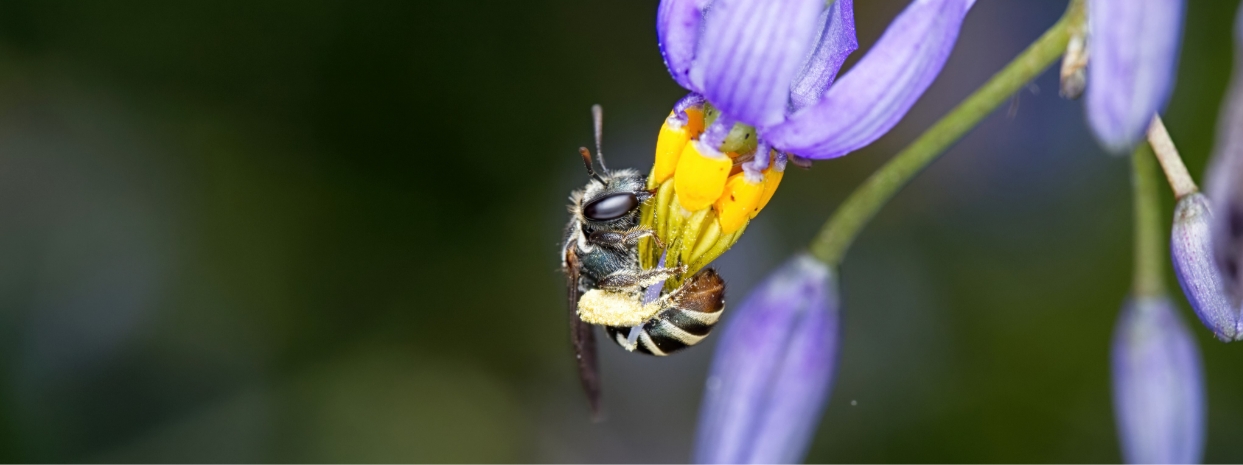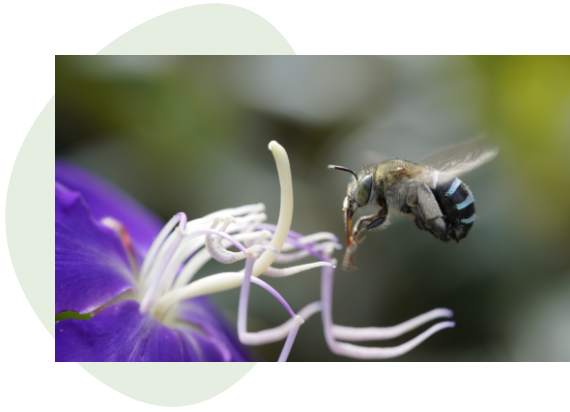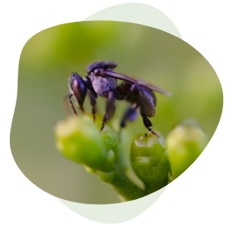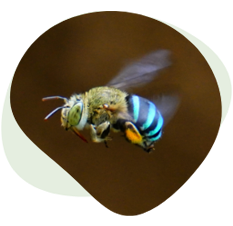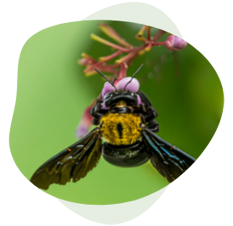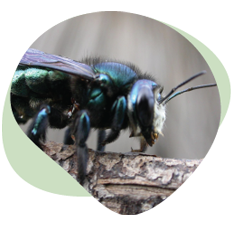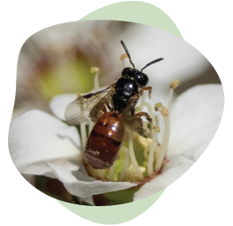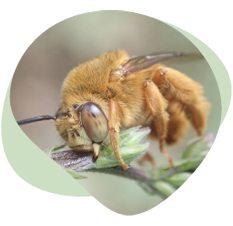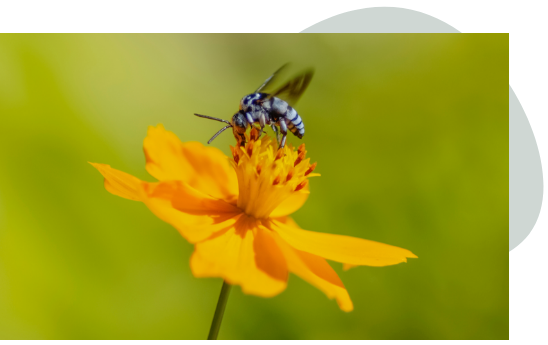
Why bees need our help
Bees are essential to keeping you healthy and our earth sustainable. Bees spend their lives working to provide us with an abundance of food and flowers. They’ve been declared the most important species on our planet. Bees are beautiful, collaborative, hard working creatures – and without them we wouldn’t survive.
Bees are essential to the worlds food supply
In order to be able to feed the world’s growing population, we need ever more food, which must be diverse, balanced and of good quality to ensure the progress and well-being of humankind.
Bees are renowned for their role in providing high-quality food (honey, royal jelly and pollen) and other products used in healthcare and other sectors (beeswax, propolis, honey bee venom). But the work of bees entails much more!
The greatest contribution of bees and other pollinators is the pollination of nearly three-quarters of the plants that produce 90% of the world’s food. A third of the world’s food production depends on bees, i.e. every third spoonful of food depends on pollination.

Let’s help our bees
Donate to help give bees food and water and an environment where they can live and thrive.
Through our campaign Plant Three for the Bees we have distributed over 100,000 seeds to supply food for the bees. With the flood, drought, bushfires and widespread insecticide spraying, our bees are in decline and need our help more than ever.
Without our help… bees go hungry.
Without bees… we go hungry.
Australian Native Bees
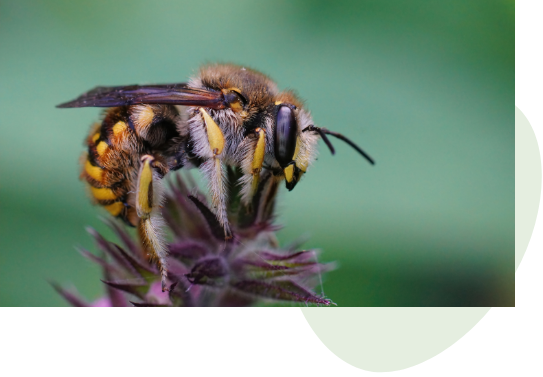
Bee Ecology
As pollinators, bees play a part in every aspect of the ecosystem.
They support the growth of trees, flowers and other plants, which serve as food and shelter for creatures large and small.
Bees contribute to complex, interconnected ecosystems that allow a diverse number of different species to co-exist.

